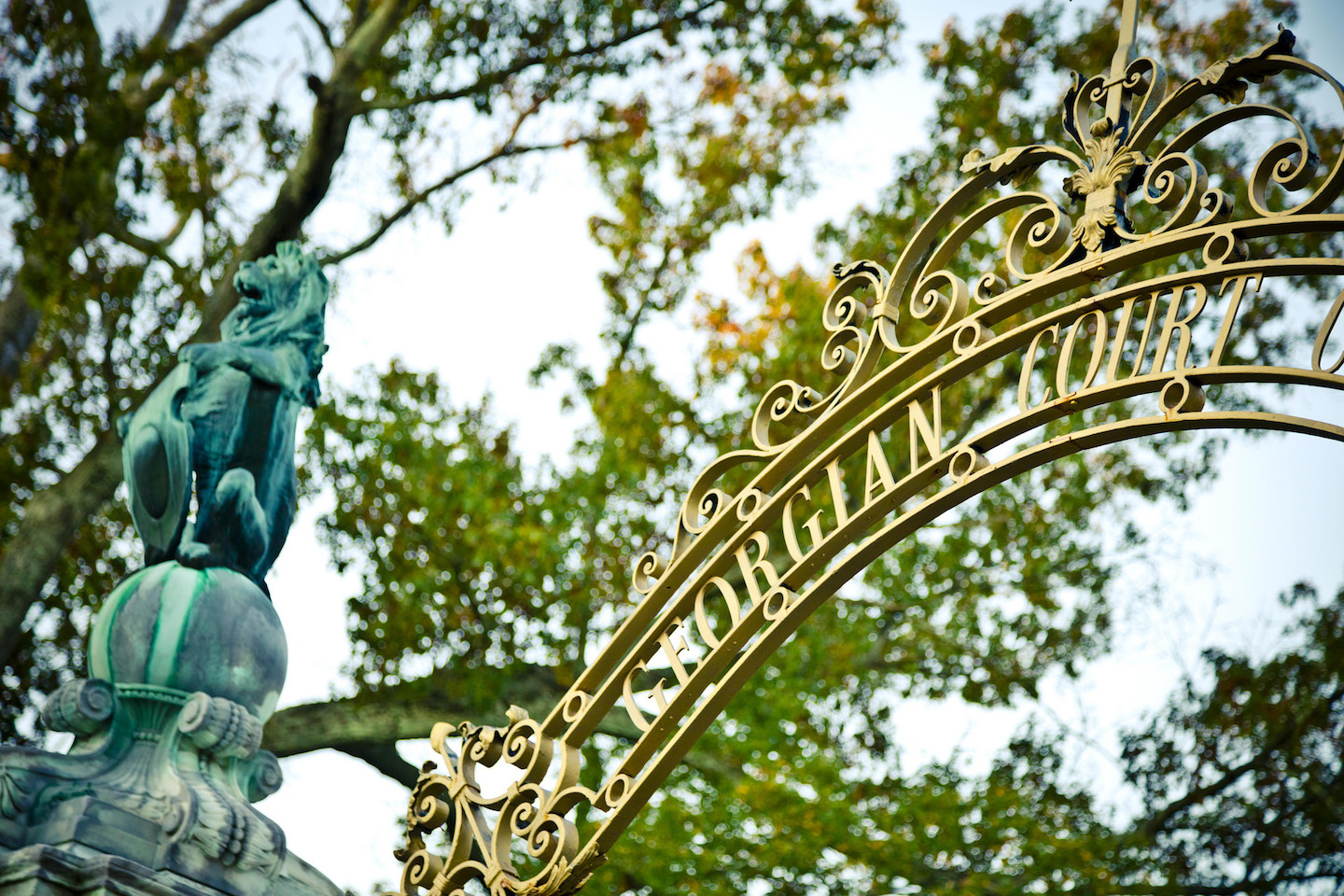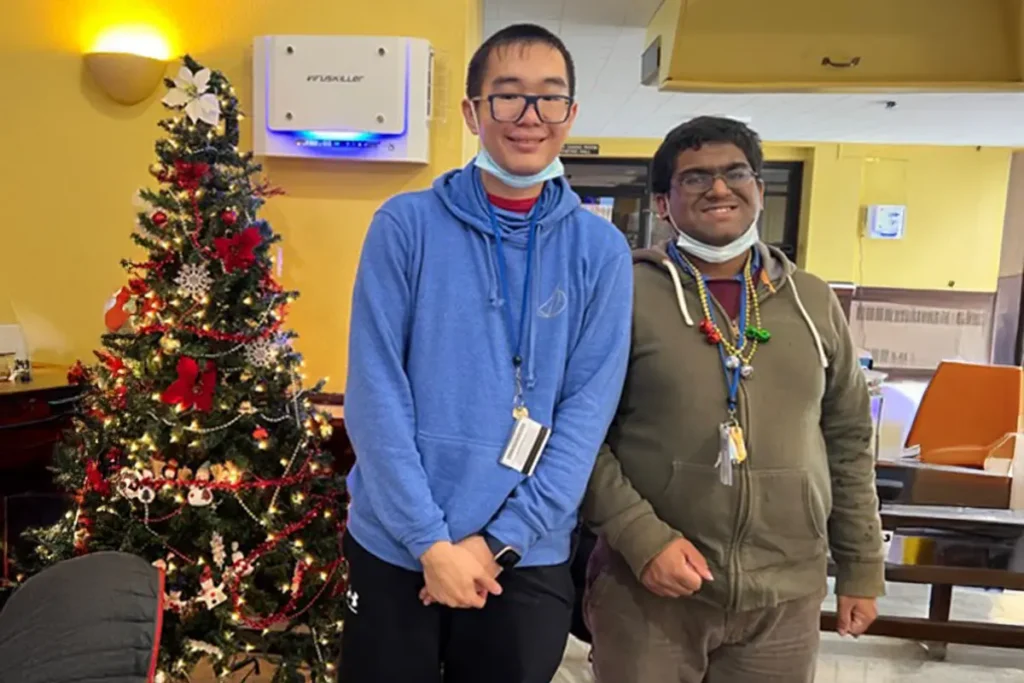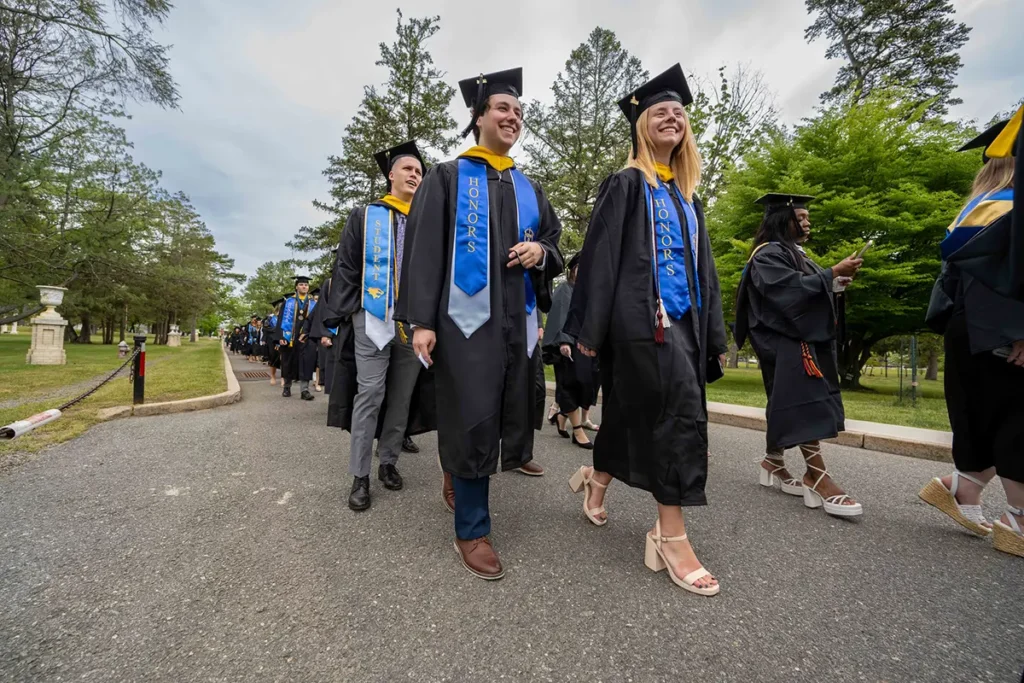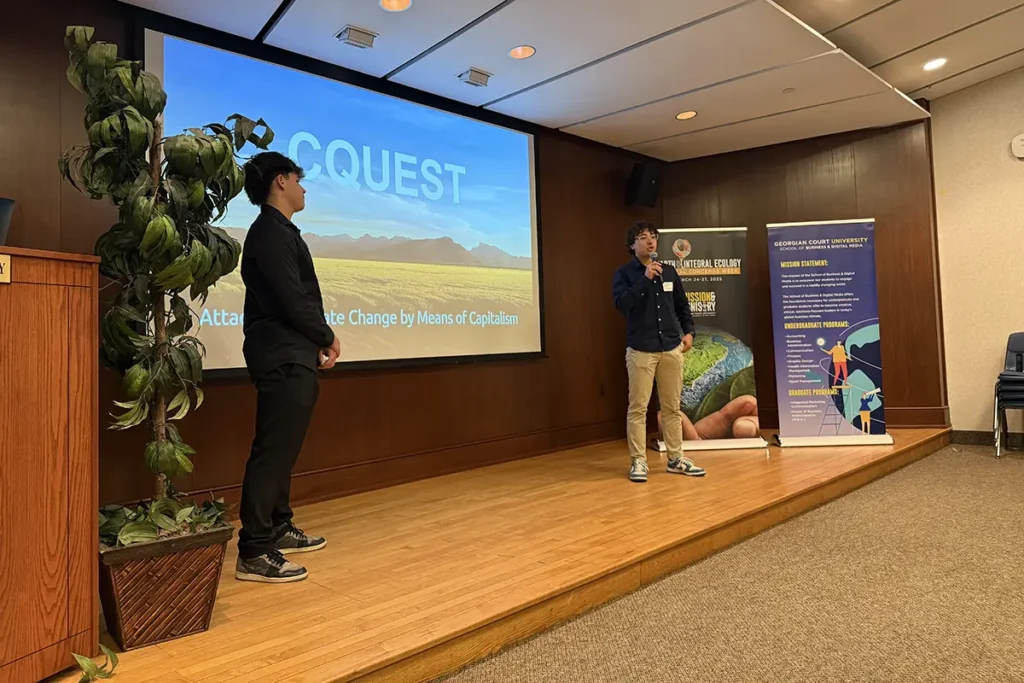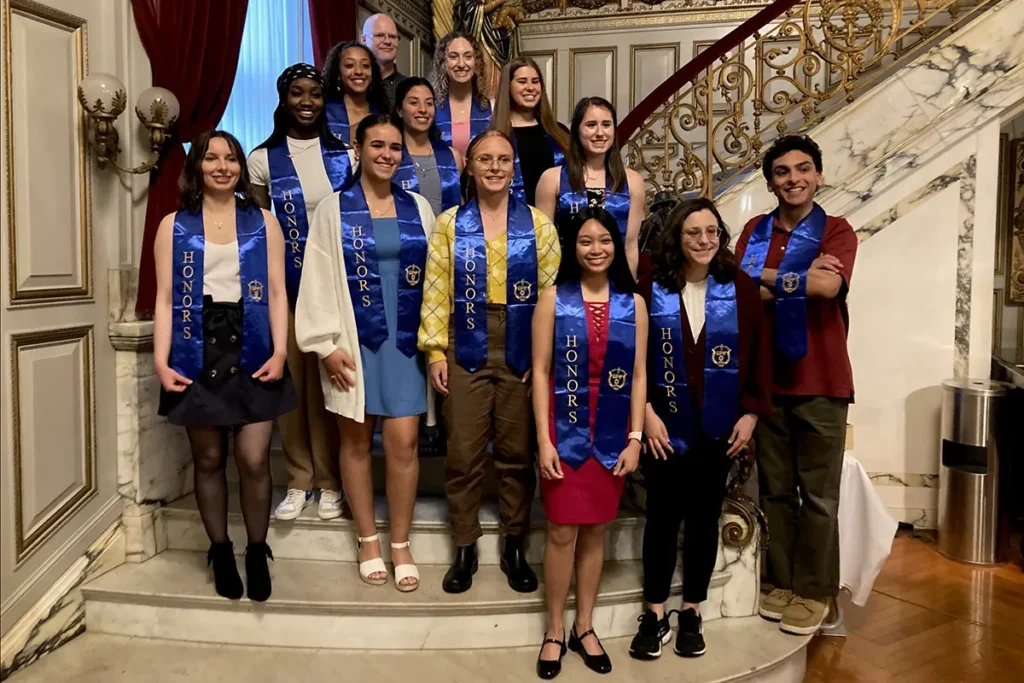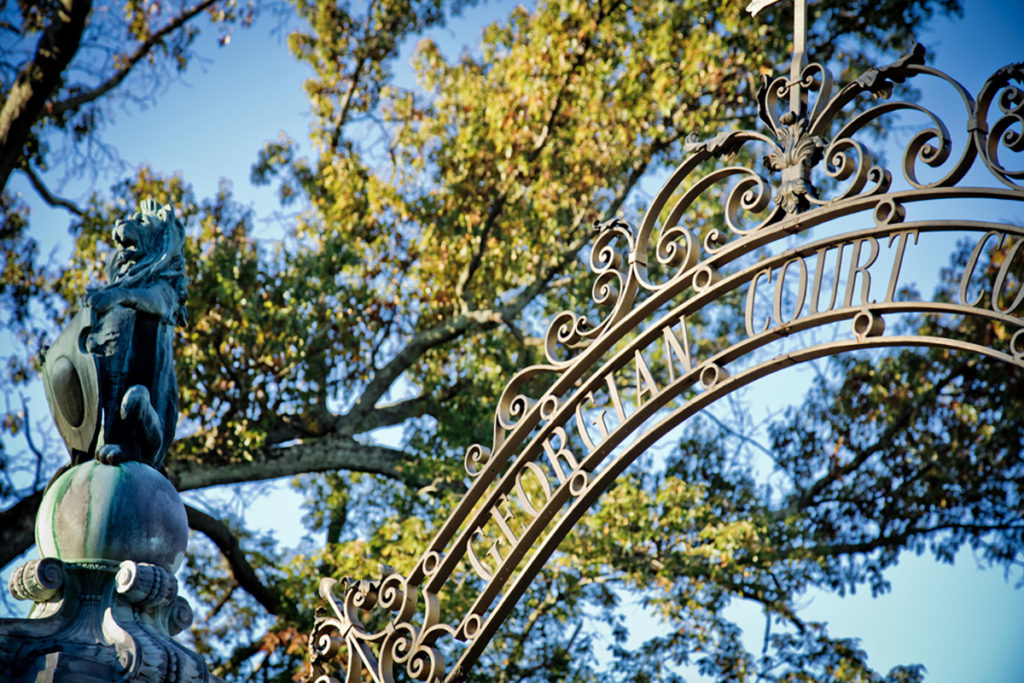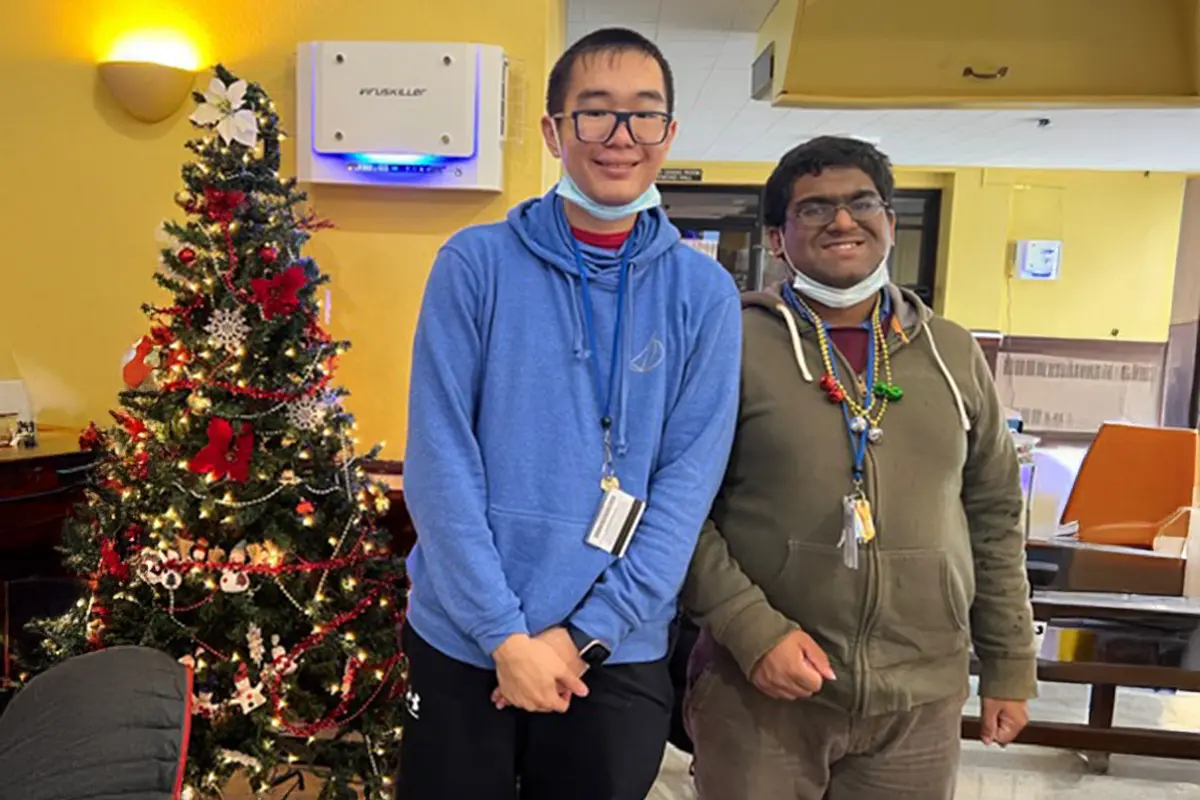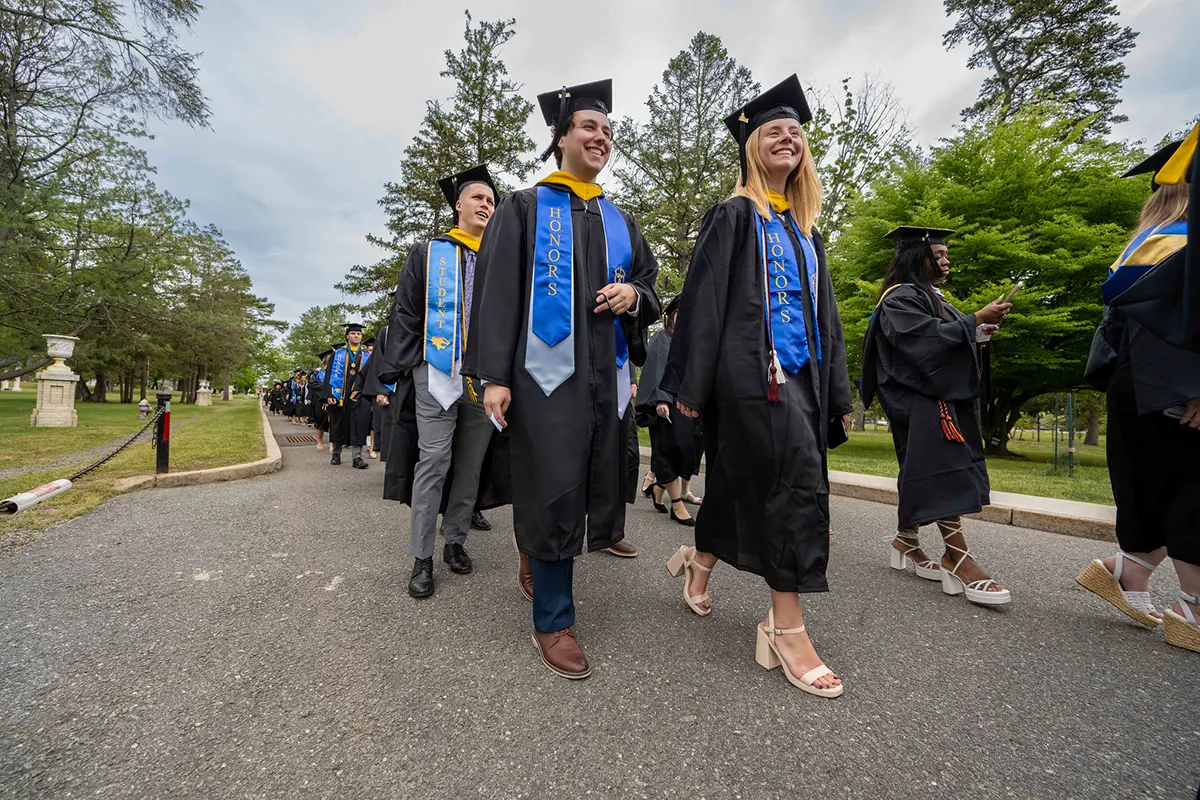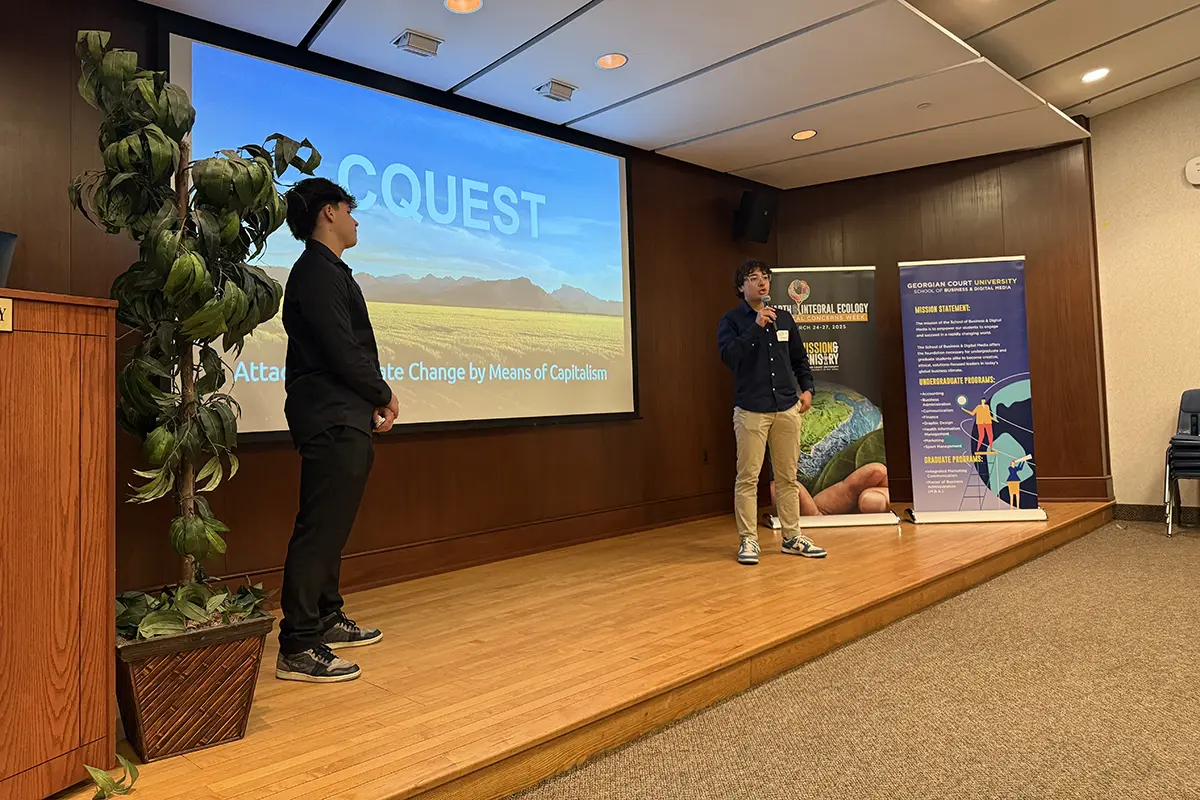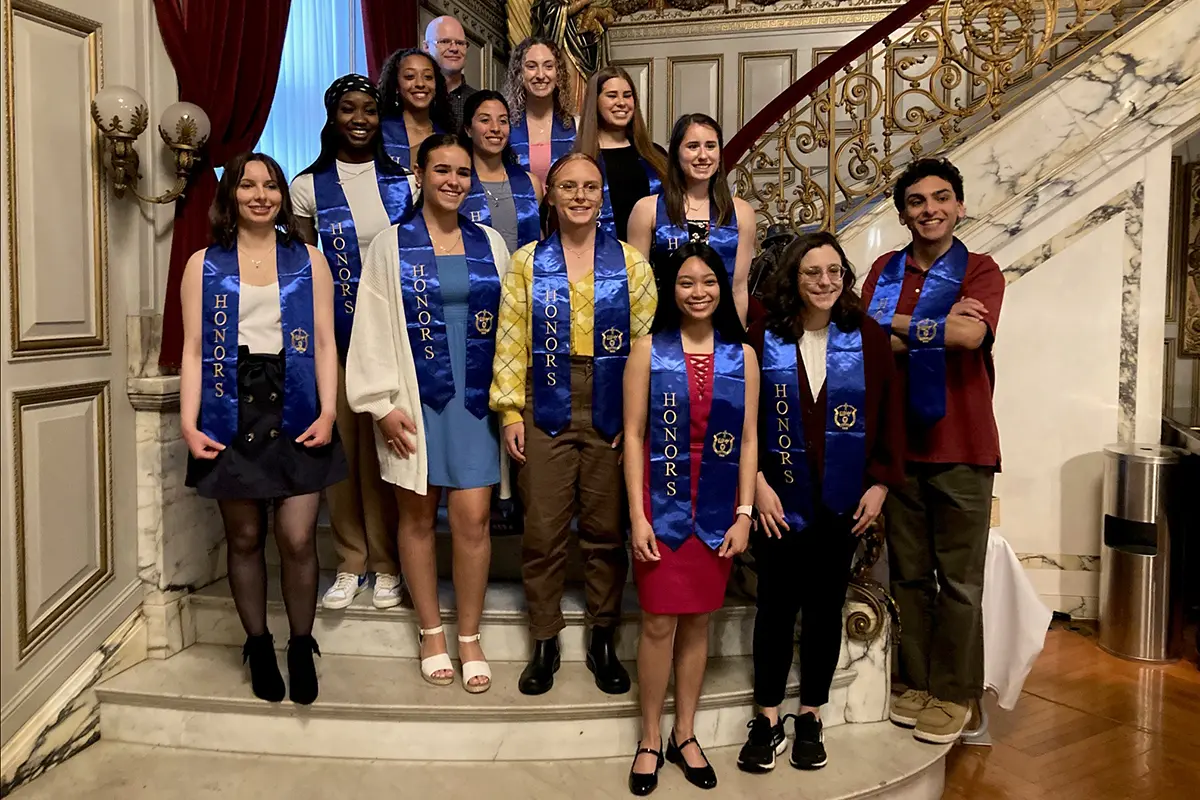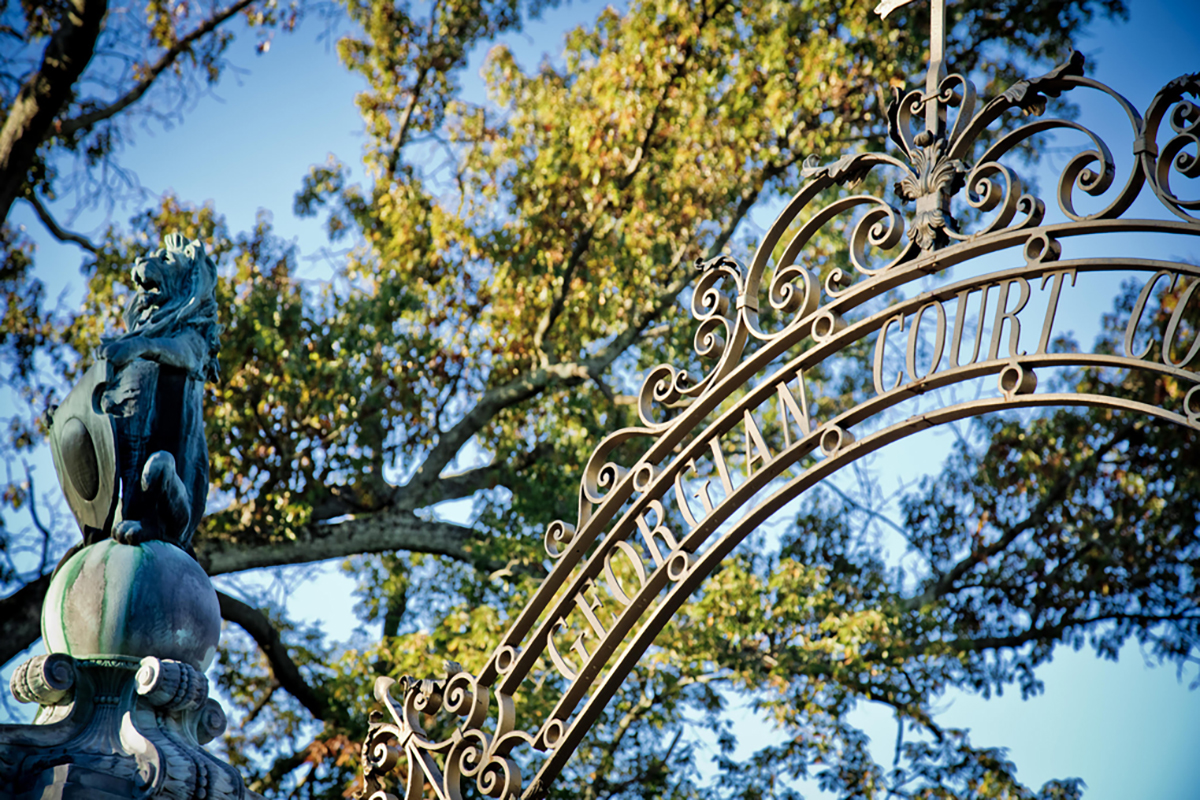Timothy M. Briles, Ed.D., an associate professor and assistant dean in the School of Education at Georgian Court University, is one of 16 fellows who recently took part in the NCAA Division II Faculty Athletics Representative (FAR) Advanced Leadership Institute in Indianapolis.
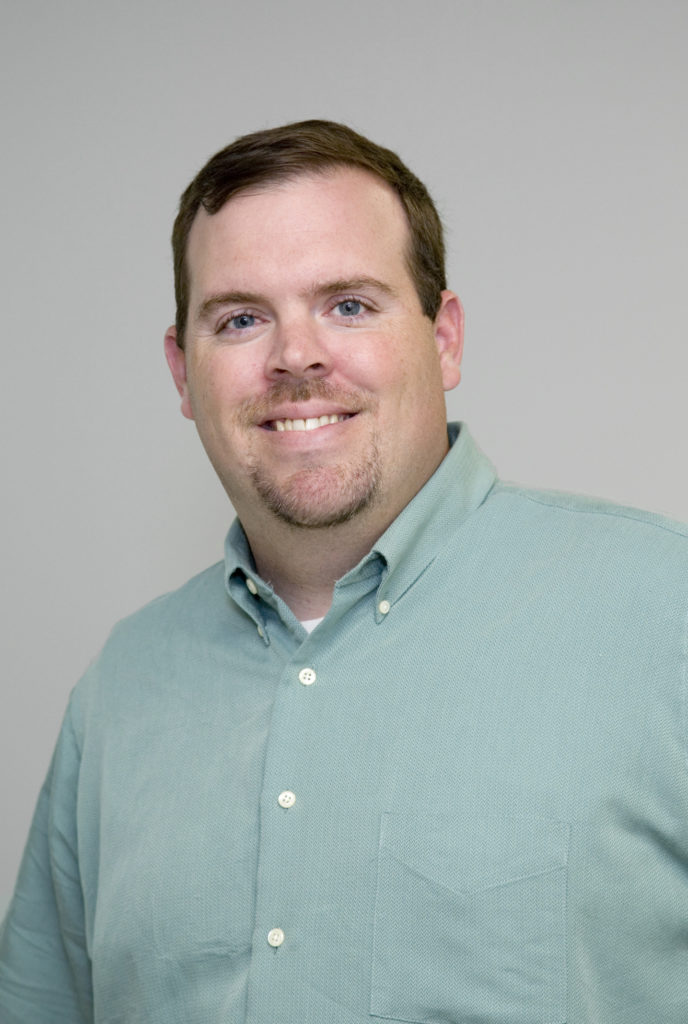
Dr. Briles, who teaches math methods and educational leadership courses at GCU, joined other faculty leaders and four student-athletes from across the country to examine ways of helping student-athletes maintain their mental health and wellness. Now in his seventh year as Georgian Court’s Faculty Athletics Representative, Dr. Briles sees his role as being a conduit—supporting student-athletes academically while helping them tap into counseling and support services on campus.
There is often a stigma among athletes when it comes to seeking help, said Dr. Briles, a resident of Toms River and a former football, basketball, and softball coach for Delsea Regional High School and a former dean of discipline at Gloucester Catholic High School. “Statistically speaking, athletes are less likely to bring those issues forward even though they suffer with them.”
During their September meeting in Indianapolis, the group tackled the concussion issue, among other topics. Just as the NCAA’s Return to Play policy has specific guidelines, special care must be given to an athlete’s return to academics after a brain injury, said Dr. Briles.
“It may take an athlete who has suffered a concussion several weeks before they can perform at the academic level they were at before that injury,” he said. “Unlike an athlete who has suffered a broken leg or arm, a brain injury isn’t something that is readily apparent. Student-athletes may need some temporary accommodations, such as frequent breaks.”
The university, which has 15 Division II teams, already had a concussion management plan in place. Dr. Briles’ work reinforces the school’s commitment to ensuring wellness on and off the field.
“For years, many people didn’t understand the complexities of the effects of concussions,” said Laura Liesman, athletics director for Georgian Court. “However, we have successfully developed a strong communication plan among our athletic trainers, compliance staff and faculty to share issues surrounding concussions and return-to-learn timelines. Dr. Briles continues to be a strong partner with us.”
Dr. Briles, who is committed to promoting awareness of a range of issues student-athletes face, considers himself a resource that they can turn to for support. He also works with coaches and professors when they notice something that may be amiss with a student-athlete.
Academics Come First
Georgian Court was recently recognized for its student-athletes’ Academic Success Rate (ASR) of 93 percent, placing the GCU Lions 11th among more than 300 NCAA Division II schools. The ASR, which reflects 2014 data, represents the percentage of student-athletes who graduate within six years of initial college enrollment and covers virtually all Division II student-athletes, including transfers and those not receiving athletics scholarships.
Nationally, the ASR is 71 percent for student athletes who entered college between 2005 and 2008. Georgian Court’s rate is more than 20 percentage points higher.
“GCU expects students to do as well or better in the classroom as they do on the court, field, or track. We truly believe in the development of the entire individual, academically, athletically, and socially, and we do everything in our power to help the students find this balance,” said Dr. Briles. “We see this ranking as a testament to our coaches’ ability to recruit student-athletes who value being students first and athletes second. At Georgian Court, you can be successful in all realms of personal growth and development.”

